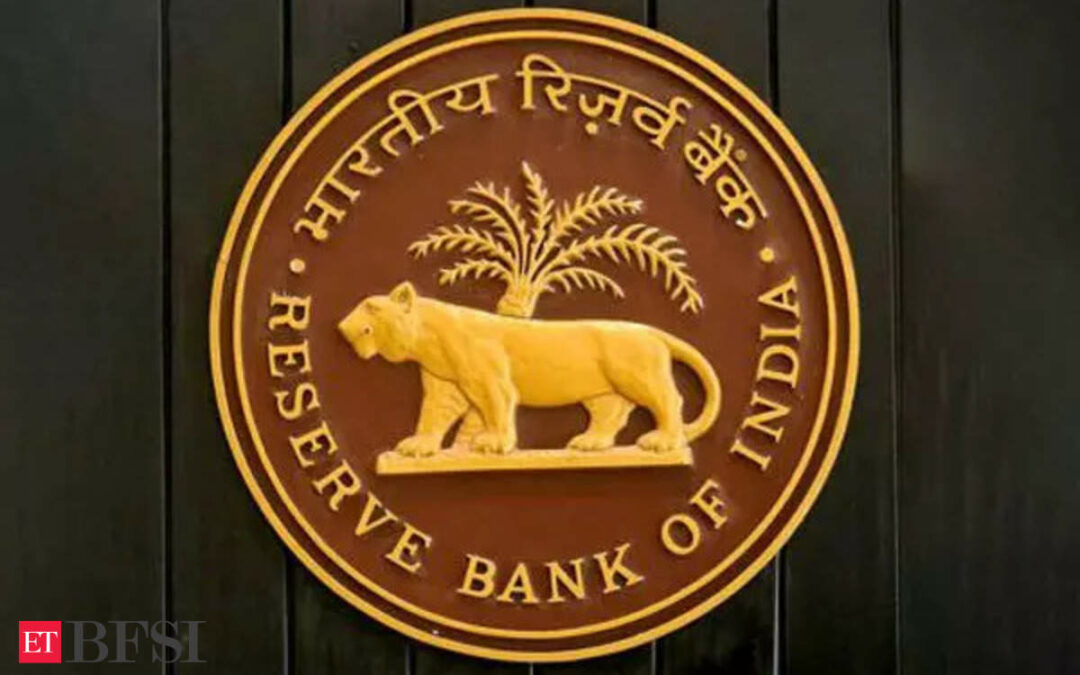The Reserve Bank of India (RBI) has introduced a revised framework for imposing monetary penalties and compounding offences under the Payment and Settlement Systems Act, 2007 (PSS Act), effective immediately.
The revised guidelines outline stricter penalties for various contraventions, including operating a payment system without authorisation, failure to provide required information, non-compliance with RBI directions, and violations of Know Your Customer (KYC) and Anti-Money Laundering (AML) norms.
Under the updated framework, the RBI can impose fines of up to Rs 10 lakh or twice the amount involved in the contravention, whichever is higher. In cases where the contravention or default is ongoing, the RBI can impose an additional penalty of Rs 25,000 per day for every day after the first that the default continues.
The new guidelines also establish procedures for imposing penalties, which include issuing show-cause notices and allowing entities the opportunity for a personal hearing. Additionally, the framework provides a settlement mechanism for certain violations, enabling entities to resolve issues without criminal proceedings.
To avail of the settlement option, entities must apply for compounding, submitting necessary documentation. The compounding amount may be up to 25% lower than the corresponding monetary penalty and must be paid within 30 days of the order.
Stricter guidelines
Failure to comply with the imposed penalties or compounding amounts within the stipulated time could result in further legal action, including criminal proceedings. The RBI has designated committees of senior officials to oversee the penalty imposition and compounding decisions, with specific committees responsible for cases handled by the Central Office and Regional Offices of the Enforcement Department.
The RBI has also mandated that entities disclose any monetary penalties in their annual financial statements, and the details of enforcement actions will be made publicly available on the RBI’s website.
These revisions come amid growing scrutiny of India’s rapidly expanding payments industry, which has seen a surge in the use of digital wallets, prepaid payment instruments, and real-time payment systems like UPI. The changes also reflect the recent enactment of the Jan Vishwas (Amendment of Provisions) Act, 2023, which increased the maximum penalty for contraventions from ₹5 lakh to ₹10 lakh.
The RBI’s move aims to strengthen compliance in the payments industry and ensure greater transparency in enforcement actions.









